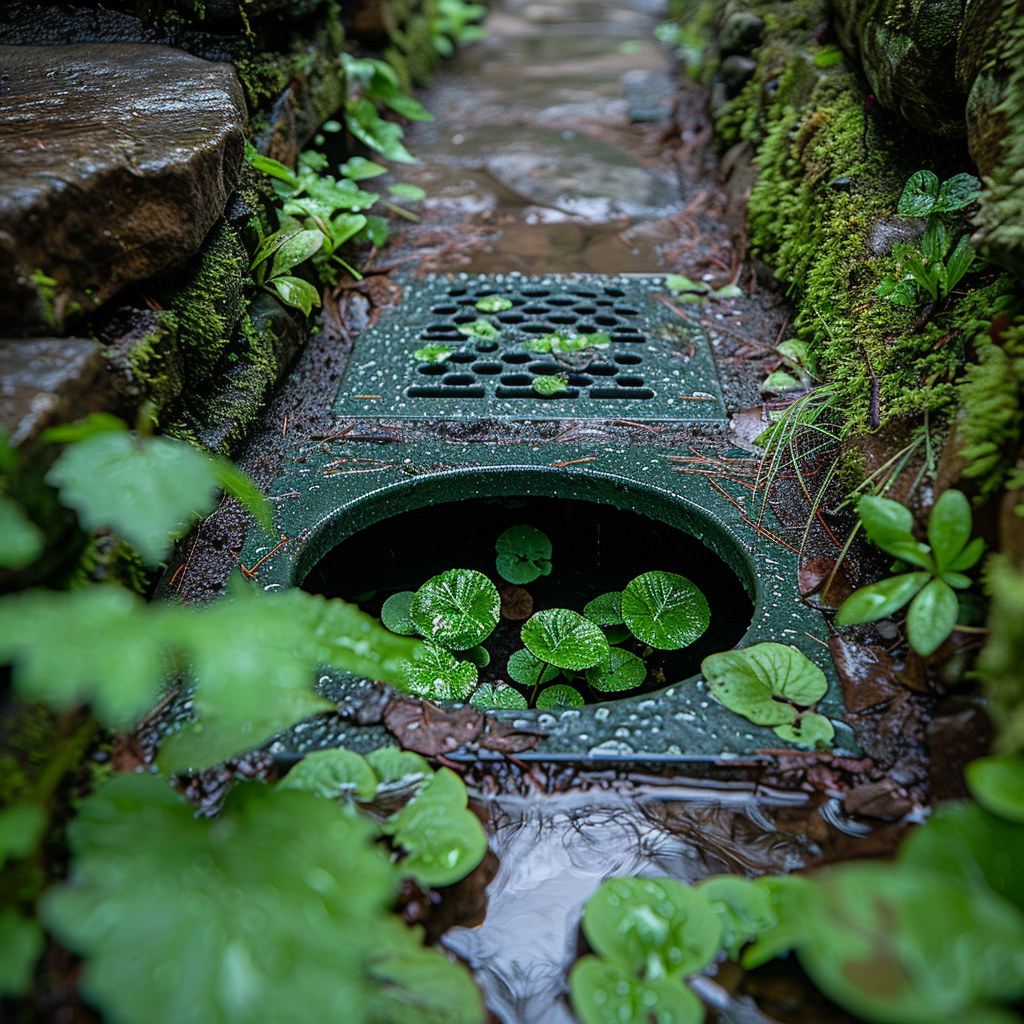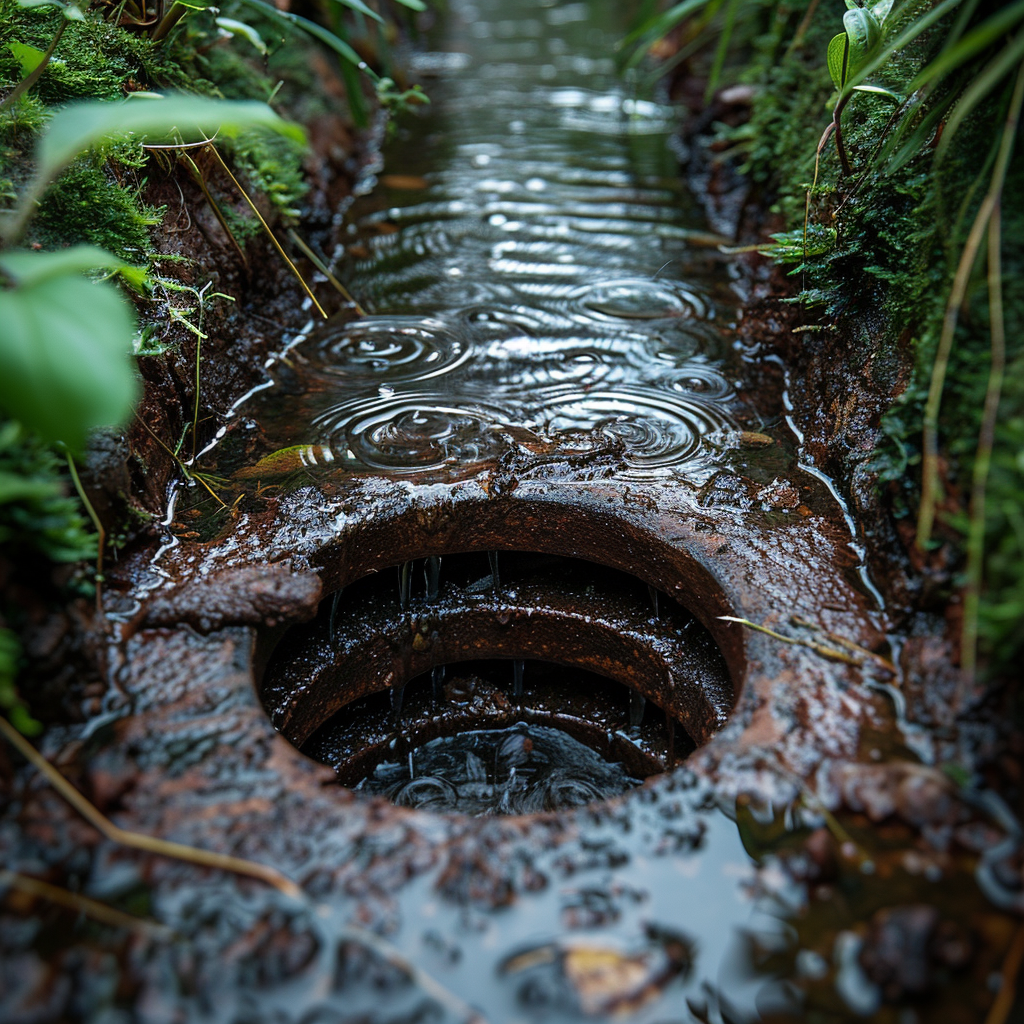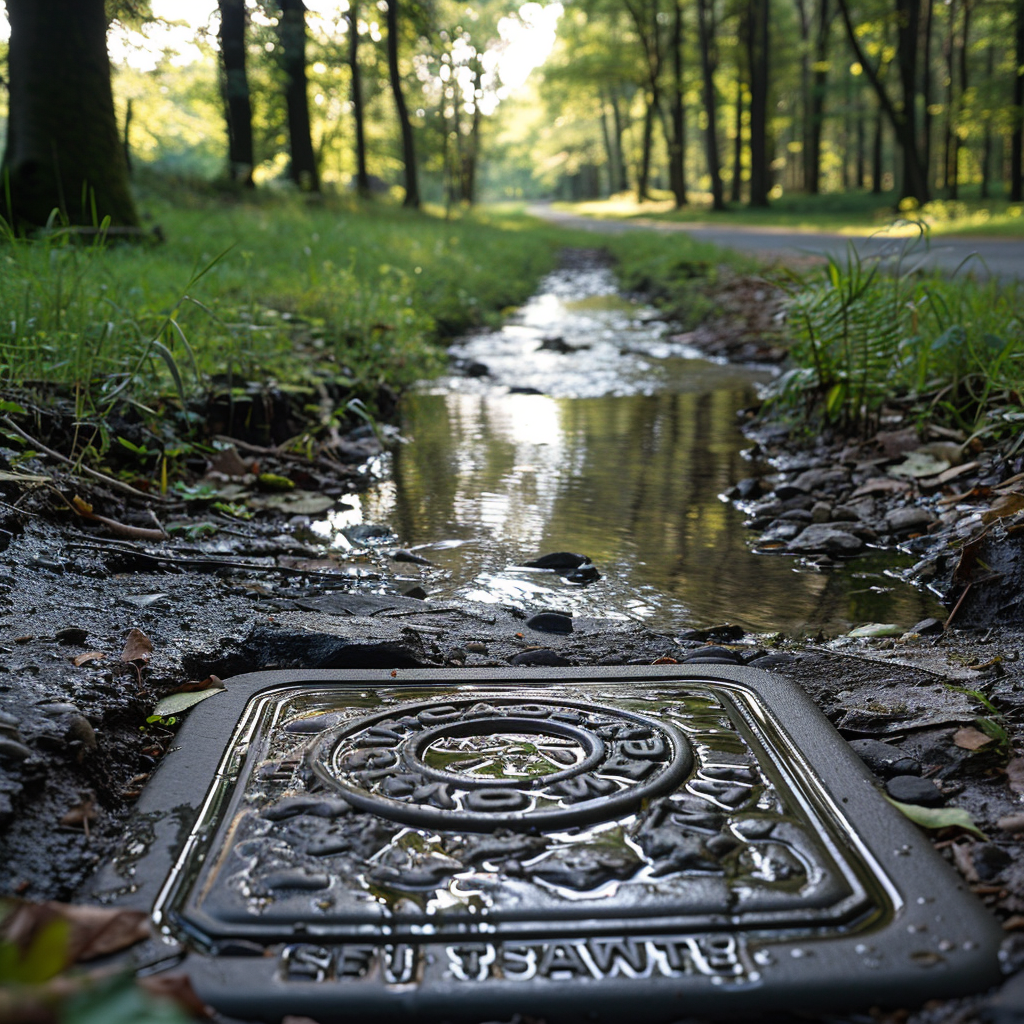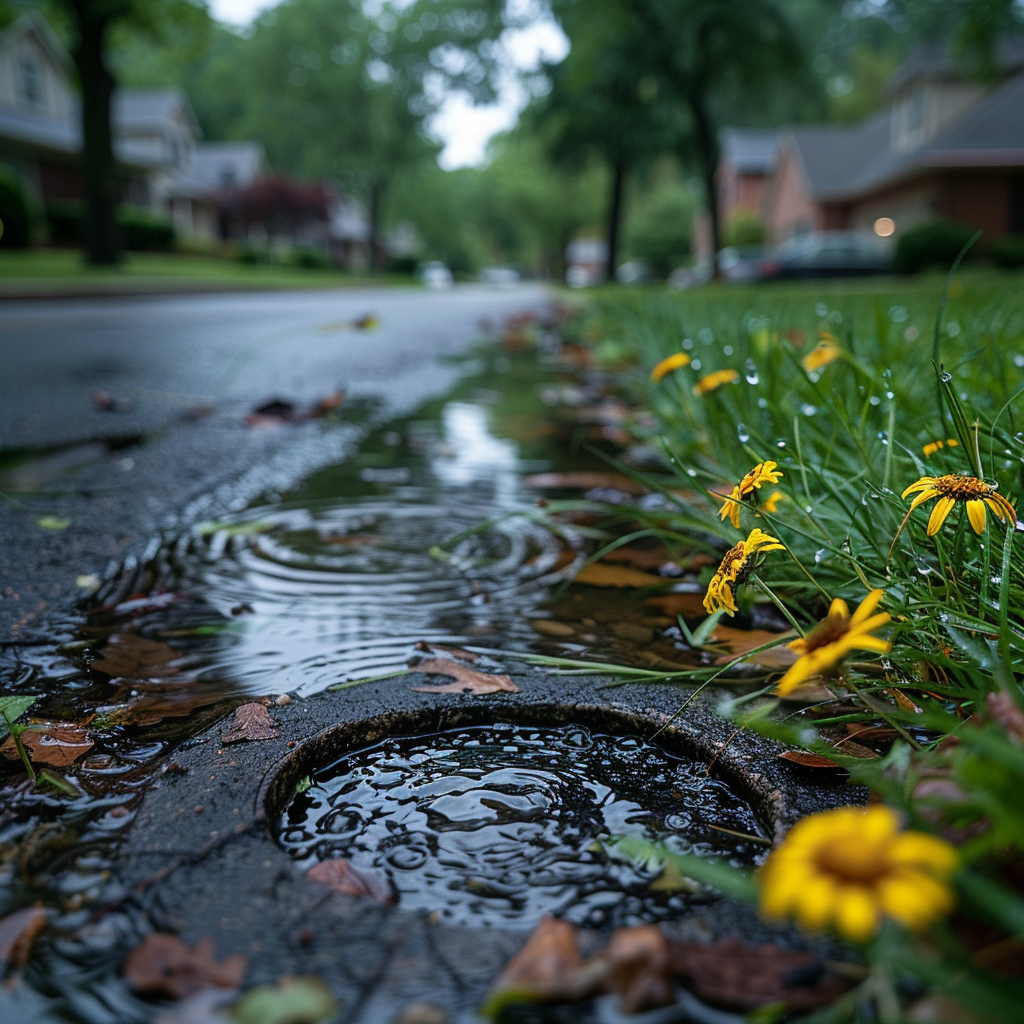Key points
• Septic system coverage usually means plans that help pay for fixing or replacing a broken septic system. Your home insurance might cover it, or you could get a special agreement for it.
• Maintenance and inspections are a must to keep your septic coverage in check. You need to get your septic system checked regularly by professionals and take care of any upkeep to make sure you don’t lose your insurance.
• Exclusions and limitations often show up in septic coverage deals. These may rule out claims for systems you didn’t keep up well, damages from natural disasters, or if you didn’t use the system right. Know what your deal covers and what it doesn’t.
Contents
- 1 Key points
- 2 Importance of Septic System Insurance
- 3 Overview of Typical Homeowner Policies and Septic Systems
- 4 What is Septic System Insurance Coverage?
- 5 Types of Coverage Relevant to Septic Systems
- 6 State Farm Septic System Coverage Details
- 7 Understanding Homeowners Insurance and Septic Systems
- 8 Understanding Septic System Insurance Coverage
- 9 Boosting Your Septic System Insurance
Importance of Septic System Insurance

Why bother with insurance for your septic system? It boils down to saving money when things go wrong. If your septic system breaks, it’s gonna cost a pretty penny to fix, potentially thousands. If you have good coverage, you could avoid burning a hole in your wallet. Also, you need a working septic system for a clean and safe home. So, it’s wise to get an insurance plan that takes care of your septic system.
Overview of Typical Homeowner Policies and Septic Systems

Let’s take a closer look at the average homeowner insurance policy and its coverage for septic systems. Most policies mainly cover your home’s structure and your personal items. However, they tend to offer less protection for septic systems.
You might find some coverage for specific damages or scenarios, but it’s usually not enough. Therefore, many homeowners get extra insurance—through add-ons or special agreements—to fully protect their septic systems.
What is Septic System Insurance Coverage?

Septic system insurance coverage means the part of a home insurance that might pay you back if your septic tank or drainage field gets damaged or stops working. This kind of insurance can cover you for the cost to fix or replace things after unexpected problems. But remember, not every insurance plan covers septic systems. You might need to buy extra coverage or a different plan just for that.
Types of Coverage Relevant to Septic Systems

There are different types of insurance that can protect your septic system, and it’s important to know which one fits your needs. Let’s look at the main types:
1. Dwelling Coverage
Usually, this part of your home insurance covers the physical parts of your house. It may include your septic system if it’s considered an attached structure. However, this type of coverage usually doesn’t cover anything beyond the main building unless it’s specifically mentioned.
2. Other Structures Protection
This insurance is for parts of your property that aren’t connected to your home. It could help pay for things related to separate structures, and this might cover your septic system if it’s defined as ‘other structures’ in the policy.
3. Service Line Coverage
This is a relatively new kind of coverage that deals with underground pipes that serve your house. If you have this coverage from your insurer, you could get help paying for fixing or replacing parts of your septic system that are under your lawn.
4. Equipment Breakdown Coverage
Some insurers offer this extra protection for mechanical items in your property, like septic system pumps. It’s kind of like a warranty but usually has a wider range.
All in all, having insurance for your septic system can be really helpful, but it isn’t always part of the usual house insurance packages. You need to carefully check what protection you have—or might add—to save yourself from big bills if there’s a problem with your septic system. Talk to your insurance provider to get the details straightened out and make sure you have enough coverage.
State Farm Septic System Coverage Details

State Farm, a huge insurance company, offers some septic system coverage to homeowners. They don’t have a separate policy just for septic systems, but the regular homeowners policy they offer does cover your septic tank if it’s suddenly and accidentally damaged. But remember, this coverage falls under the protection for your home itself and isn’t listed separately.
Specifics of State Farm’s Policy on Septic Systems
Understanding State Farm’s rules for septic systems can be tricky. Their homeowners policy usually only covers unexpected and sudden damage. Think about situations where your septic tank breaks without warning or gets destroyed by an unexpected event. But, you’ll need to get into the nitty-gritty of the policy to know the specifics. It’s important to check the details so you know exactly what’s covered.
Coverage Limits and Exclusions under State Farm
In terms of money, there’s a ceiling on how much you can receive, which lines up with the limit of your home’s coverage. That means you can’t receive more funds to fix or replace your septic system than the maximum your house is insured for. As for exclusions, typically stuff like regular aging or damage from not taking care of your system isn’t covered. After all, insurance is supposed to cover things you can’t predict, not problems from neglecting maintenance.
Looking closer at what’s not included, State Farm won’t pay for damages that are expected or caused by carelessness. Let’s say roots get into your septic pipes because they weren’t kept up with, or an old tank starts leaking, State Farm won’t cover that. Also important is that damage from natural disasters like floods or earthquakes might not be covered unless you have extra insurance. Keep these kinds of situations in mind.
To wrap it up, State Farm may cover your septic system if it’s struck by a disaster out of the blue—up to the limits of your home coverage though. But for normal aging or issues from not maintaining your system, you’ll probably need to handle it yourself. You should really talk to your State Farm agent to understand everything based on your specific policy and circumstances.
Understanding Homeowners Insurance and Septic Systems

If you’re trying to figure out how homeowners insurance works with septic system problems, know this: regular issues due to everyday use or lack of upkeep are not usually covered by your insurance. If your system breaks down because it’s old or you didn’t take care of it, don’t expect your policy to pay for fixes or a new one.
What Homeowners Insurance May Cover
Your insurance could help out if your septic gets hit by things like:
- Accidents listed in your policy: Say a fire wrecks your septic—you’ll probably be covered.
- Deliberate harm: If someone messes up your septic on purpose, insurance might foot the bill.
What’s Usually Not Covered
Policies often exclude these situations:
- Ignoring maintenance: If you don’t keep up with care, that’s on you.
- Flood or ground shifting: These are no-nos unless you bought extra protection.
- Getting old and wearing out: Time-related break-downs? Usually not covered.
You should really go over your policy or talk to your agent to get the lowdown on what’s included or not. Policies are different, so check yours.
Deciding if you need extra septic insurance means thinking about several things. A busted system can be pricey and bad for the environment, so consider coverage carefully if your home has one of these.
Facing the Risk of Septic System Failure
To figure out the chances of a problem, think about the age of your system, how well you’ve cared for it, and its design. Also consider natural issues like roots growing into it, soil quality, and groundwater levels that may cause trouble. Weighing these factors helps you see what risks your system faces.
Should You Get Extra Septic Insurance?
It’s smart to balance the cost of insurance against potential repair bills without it. Think about how unexpected emergencies could affect your wallet. Insurance could protect you, but if you have a new or well-serviced system, the risk might be low enough to skip the extra cost.
How to Make a Claim for Septic Problems
If your septic acts up, call your insurer fast. Explain clearly and hand over any proof or pictures they ask for. Follow their rules exactly when making a claim.
The Claims Process Explained
After you file a claim, an adjuster will come check out the damage and decide if it’s covered. They’ll inspect, keep you in the loop, and then tell you if you can go ahead with fixing or replacing things.
Details on Fix and Replace Coverage
Here’s what coverage looks like:
- Coverage limit: Some policies may help a lot with septic issues, while others exclude them for being ‘normal wear and tear.’ Read carefully to understand your coverage.
- Replacing stuff: Your policy might cover replacement, but usually only if the issue was caused by something specifically named in the policy.
- Coverage specifics: Your insurance could deny a claim if they think you didn’t maintain things properly. Always know what counts as covered in your agreement.
Mistakes and mix-ups with claims can cause problems. Be super clear on how to file correctly. Knowing exactly what your insurance covers is vital—it can save you money. Understanding it fully lets you manage repairs with the certainty of whether insurance will back you up or if you’re on your own financially.
Understanding Septic System Insurance Coverage
It’s important to safeguard the key components of your house, and that includes having insurance. Septic system insurance is especially important since fixing or replacing your septic system can hit your wallet hard. But remember, not every homeowners’ insurance plan will cover your septic tank. Most of the time, they’re only covered if the damage is unexpected and not on purpose. Make sure you look over your insurance policy carefully to know exactly what it covers and what it doesn’t when it comes to your septic system.
Boosting Your Septic System Insurance

If you want to improve your septic system’s insurance, there are several steps you can take. Start by going over your current home insurance policy and then look into extra coverage like riders or endorsements. An endorsement adds more insurance for specific things, such as your septic tank. These upgrades do cost more, but they really increase your protection.
Exploring More Coverage Choices
Then, think about other insurance choices. Some companies offer policies for sewer and water lines that help cover the costs of fixing or replacing them. This coverage isn’t for when you haven’t taken care of things properly. Also, you might find special home warranty plans that cover parts of your septic system.
Choosing the Right Riders and Endorsements
Adding riders or endorsements to your policy can greatly improve your insurance. Look for an endorsement that’s made for septic systems. This update to your policy usually covers more problems that would otherwise go unprotected.
When you pick these extra options, make sure you understand what situations they cover so you’re not caught off guard if your septic system has issues. Take a good look at different insurance quotes and find the best one for your system.
And remember, it’s smart to get more coverage, but it’s just as important to regularly maintain your septic system. Keeping it in good shape can stop big problems later on, and help ensure no damage comes from overlooking regular upkeep—something insurance usually doesn’t cover.

I’m Tim Robberts, a seasoned wastewater treatment & septic system expert with over 40 years of experience in the field. My career began as a septic tank installer, and I quickly gained a reputation for my attention to detail and commitment to excellence. Over the years, I’ve honed my skills in designing, installing, and maintaining septic systems for residential and commercial properties.
